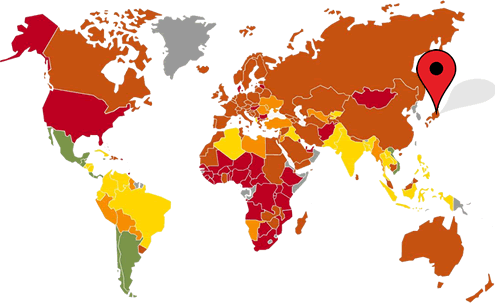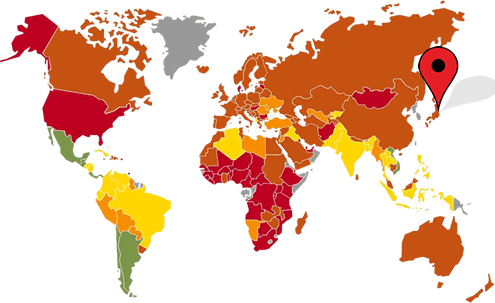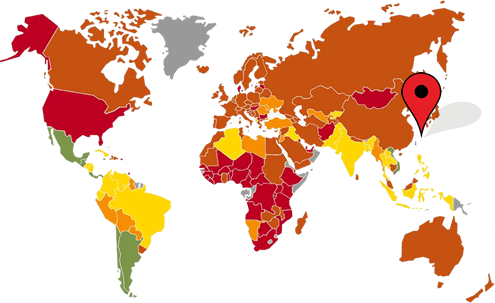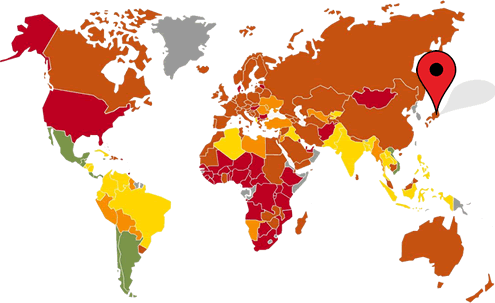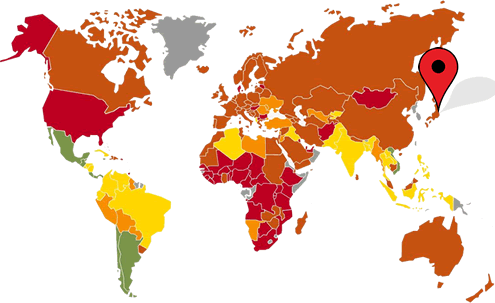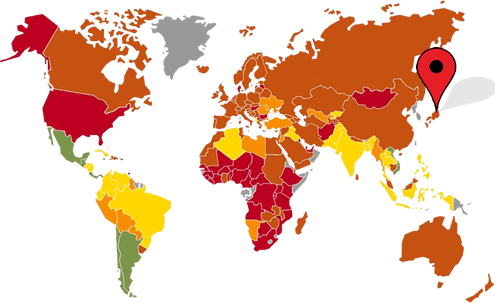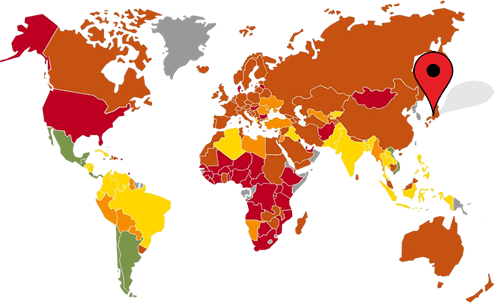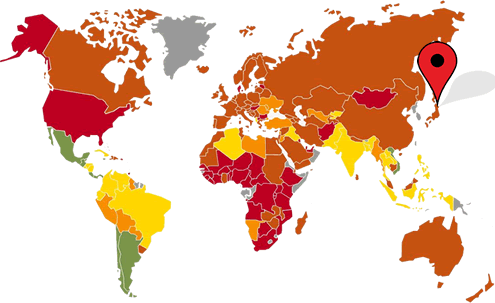Teaching English in Sapporo, Japan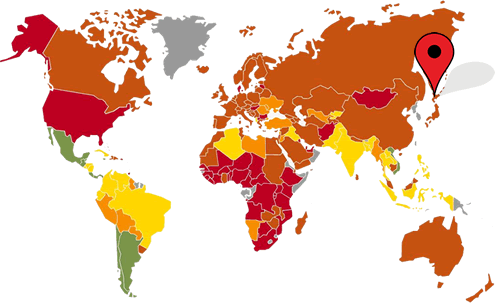
Report submitted on 31 Mar, 2016 by Greg Emond.
Teaching English in Sapporo, Japan:
How can teachers find teaching jobs in Sapporo, Japan?
They can find jobs through Gajinpot, and the Hokkaido insider.
The main English teaching jobs available are:
Full time English language school positions, part time English language school positions, agencies (send teachers to different locations), teaching at kindergartens / pre-schools.
What are the minimum teaching requirements?
A university degree From an English speaking country is the minimum required to get a working visa, but additional qualifications, such as TESOL, are preferred.
What teaching requirements would you recommend?
Additional qualifications, such as TESOL or TEFL, are preferred. Native speakers are much more in demand, and 5 years experience opens quite a few more doors.
What are the levels of payment?
250000 yen (roughly 2500US$) a month is the average salary for full timers in Hokkaido.
How many teaching days a week is normal?
5-6 days per week.
How many face-to-face teaching hours a week is normal?
30 hours per week.
What is the normal arrangement for holidays?
2 weeks summer vacation and 2 weeks winter vacation are pretty much the norm.
What advice would you give to someone considering coming to Sapporo, Japan to teach English?
The boss is always right. Always. No matter how wrong you think he is (and you are probably right thinking so), He is right nevertheless, and you must follow the directions he tells you, with a smile to boot. Period.
If you can live with that, then you’ll live quite happily in Japan.
What are the positive aspects of teaching English in Sapporo, Japan?
Japan is a great,and most importantly safe country. It also has a great social system, with good health insurance and very good family support. So it’s a great place to raise your kids.
What are the negative aspects for teaching English in Sapporo, Japan?
Teachers are very recognisable in the streets, so they are expected to always “act” like role models while in public places.
Living in Sapporo, Japan:
Are there any visa or other legal requirements to live in Japan?
Yes, a work visa is necessary.
What is the cost of living like in Japan?
It really depends, but a cheap apartment near downtown is roughly 100000 yen (1000 US$) it gets cheaper if you are willing to commute a lot, but then again, commuting is pretty expensive in Japan. If you live pretty far and need to take the train, it can run up above 3-40000 yen (30-40 US$).
But just a subway pass will cost you between 10000 and 25000 Yen (98-245 US$).
What are the usual accommodation arrangements and how can you find accommodation?
The employers outside the big cities often offer accommodations near their school for pretty cheap. Teaching in a smaller town is a much better decision financially, but it can get a bit boring.
Other than teaching, what positive aspects are there for living in Sapporo, Japan?
Hokkaido is probably the slowest paced place to live in japan, aside from Okinawa.
If you don’t like Tokyo’s frenetic lifestyle, this place is for you.
Other than teaching, what negative aspects are there for living in Sapporo, Japan?
Japanese is a hard language to learn, and you pretty much need to be pretty fluent to live normally in Japan.
Reading is the most difficult challenge, as you need to be able to read hiragana, katakana, and roughly 1000 kanjis to be able to function.
Also, the banking system is a mess, and you need a bank account to work.
What advice would you give to someone considering coming to Sapporo, Japan?
The good time to look for job is in January since the school year begins in march.
What things do you miss most (other than family and friends) from your home country?
The freedom to speak my mind, and act a little silly sometimes is dearly missed.
What do you think you will miss most when (or if) you leave Japan?
The safety inherent to Japan, the courteous service everywhere, and the karaoke booths 🙂
What things would you recommend to new teachers in your area to bring with them from their home country?
DEODORANT! What they have over here is a joke for us stinky foreigners.
and if they are bigger/taller than the average Japanese people, shoes and long sleeve shirts, as they never fit correctly.
About Me and My Work:
My Name: Greg Emond
Nationality: Canadian
Students I’ve taught in Japan: Toddlers (2-4 years), pre-school / kindergarten (4-6 years), elementary (6-12 years), junior high school (12-15 years), high school (15-18 years), university, adults.
Where I teach: Oozora English school, Teine, sapporo. Working here for 9 years.
My school facilities: Adequate. The Japanese people don’t want to learn English so they can speak it. They have to learn it to pass a grammar test for their high school exam. Which makes them pretty good readers who can’t say a word.
And that won’t change anytime soon.
But outside the national school system, there are great language schools out there.
Do you teach English in Japan?
Tell us about your experiences – click here to submit your report about teaching English in Japan.


